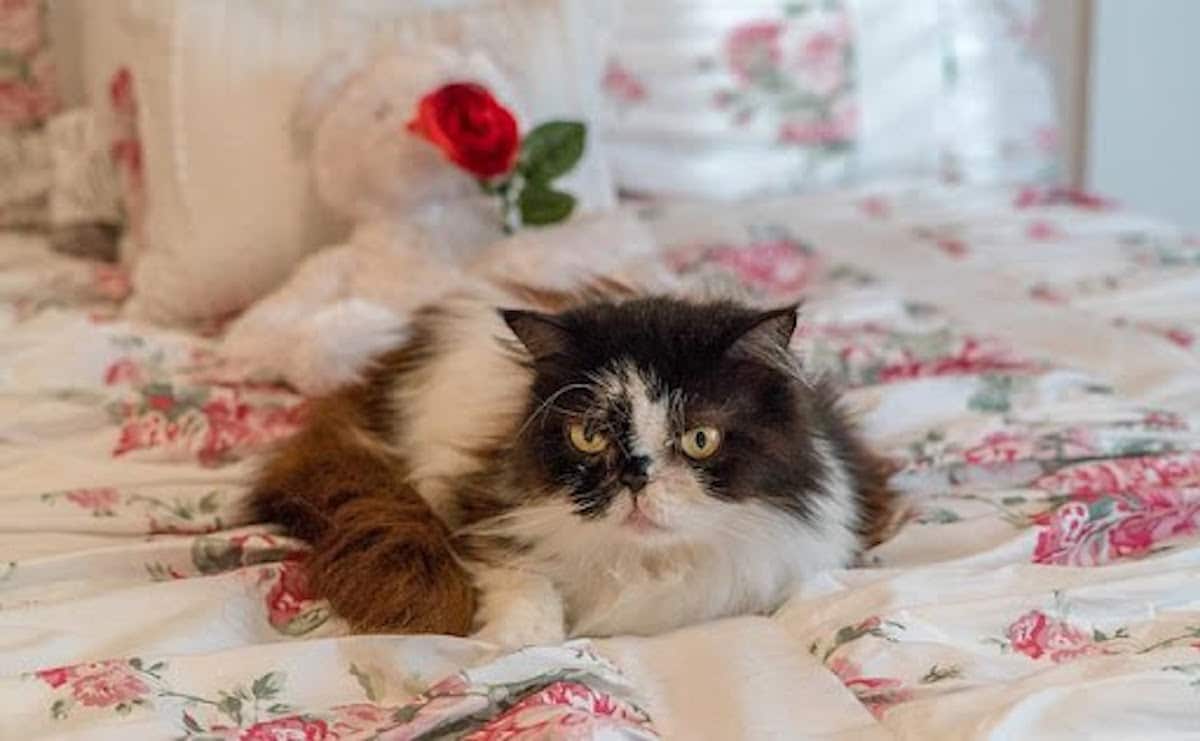Pets are often considered as beloved members of the family. They all deserve the best possible care, especially those that are growing older. Cats, in particular, need extra attention for their health concerns. It is important that we provide them with a lifestyle that promotes healthy habits to ensure that they make the most of their golden years. Here are four tips to help you care for your aging feline.
Pay close attention to your cat’s diet
Senior cats have unique nutritional requirements that need to be met to achieve optimum health. Make sure to provide your aging cat with a balanced diet and in appropriate amounts. Be extra careful when choosing their food and only go with a reliable brand that offers high-quality products, such as Earthborn Holistic cat food, to ensure they get the nutrition they need. Instead of feeding them twice or thrice a day, consider giving them small frequent meals to help improve their digestion. In addition, make sure your cat is well-hydrated, as older felines are at risk of becoming constipated.
Beware of any changes in your senior cat’s habits
Cats are experts when it comes to concealing illnesses. Exert effort in learning your senior cat’s habits so that you can easily detect any changes in their behavior. Are they sleeping more and eating less? Do they hide often? Take note of any changes in their sleeping pattern, energy levels, appetite, and behavior, no matter how minimal and trivial they are. Start a journal to record these changes. Make sure to check their litter box regularly and examine their wastes. It is also critical that you monitor your cat’s weight as older cats are prone to becoming overweight and underweight. Unexplained weight changes can be symptoms of a serious underlying disease, so be sure to report any weight changes to your veterinarian immediately.
Learn the common cat diseases
As a cat parent, you need to be aware of the different diseases and their corresponding symptoms. Some of the common illnesses in cats include diabetes, cancer, heartworm, feline leukemia virus, feline immunodeficiency virus, ringworm, high-rise syndrome, rabies, worms, and upper respiratory infections. Contact your veterinarian if your cat shows any of these symptoms:
- Increase in water intake or extreme thirst
- Lethargy
- Increased urination
- Unusual sweet-smelling breath or bad breath
- Persistent skin infections
- Vomiting or diarrhea
- Difficulty defecating, urinating, or breathing
- Abnormal discharge
- Unexplainable lumps or abnormal swelling
Don’t neglect veterinary visits
Even if your senior cat seems healthy, make sure to bring them to their veterinarian for their regular checkups. The American Association of Feline Practitioners advises that healthy older cats should be examined every six months. Baseline blood work should also be conducted during these veterinarian visits to help your cat’s doctor spot potential health issues. Try to establish a good relationship with your cat’s veterinarian so you can work together to improve the quality of life of your senior feline.
Caring for your aging cat doesn’t need to be complicated. With the right information, patience, and unyielding dedication, you will be able to give your beloved cat the highest level of care they deserve.
Featured Image by Michelle Raponi from Pixabay


